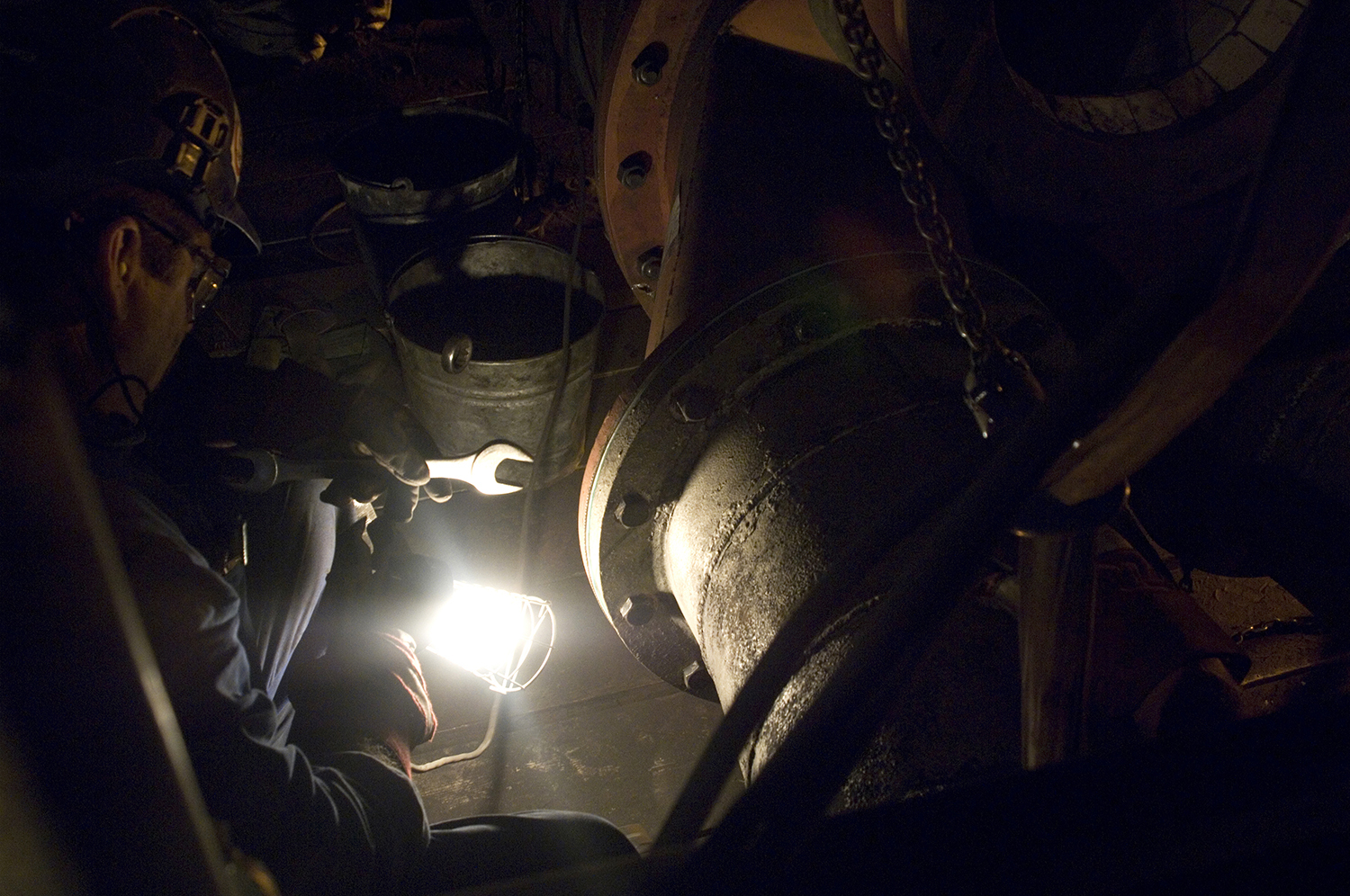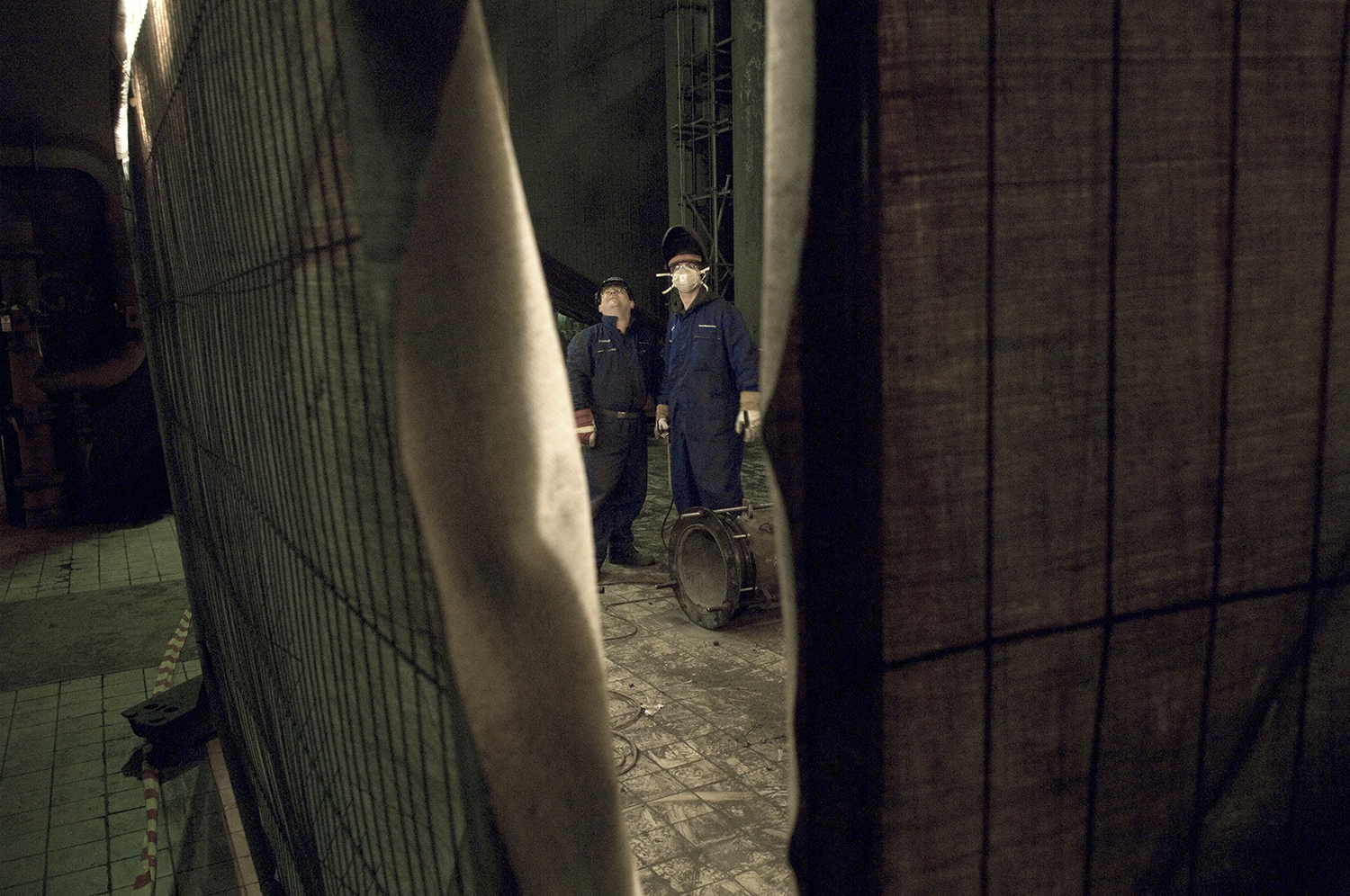
Industrial Migrant Workers UKWork has traditionally been the main reason cited for moving to the UK, especially among EU migrants. It accounted for 38% of all long-term immigration between 2000 and 2018. During the financial crisis in 2008, labour migration decreased and immigration was increasingly driven by arrivals of international students. In 2013, however, work re-emerged as the most common reason for coming to the UK.

When Marek stepped off the coach at Victoria Station, the winter air was damp and heavy with diesel. He had left a small town in southern Poland, chasing the promise of steady wages in a country where friends said the streets were never truly quiet and there was always work if you looked hard enough.
Back home, people spoke of the UK like a place where doors opened for anyone willing to put in the hours. Through the early 2000s, that belief carried thousands like Marek over borders and across languages. Warehouses, building sites, hotels, and care homes—these were the gateways to a new life. Work was the magnet.


Then came the financial crash. Job offers dried up; companies stopped hiring. In Marek’s shared flat, friends packed their suitcases and returned home, while others chose different paths—signing up for courses, their immigration tied now to student visas instead of pay packets. The city’s noticeboards changed too: fewer “Staff Wanted” signs, more adverts for English classes.


By 2013, the tide shifted again. The economy began to hum with the old rhythm. Recruitment agencies called more often, and Marek traded shifts in a café for a job fitting windows on new-build estates in the suburbs. He saw new faces from Spain, Italy, Lithuania—some escaping economic stagnation back home, others following the same trail he had years before.


Looking out from the scaffolding one afternoon, Marek thought about how the reasons for coming here seemed to ebb and flow with the wider world. Yet for him, and for many, it always came back to work—hours traded for wages, wages traded for security, and a sense of having earned a place, one shift at a time.















